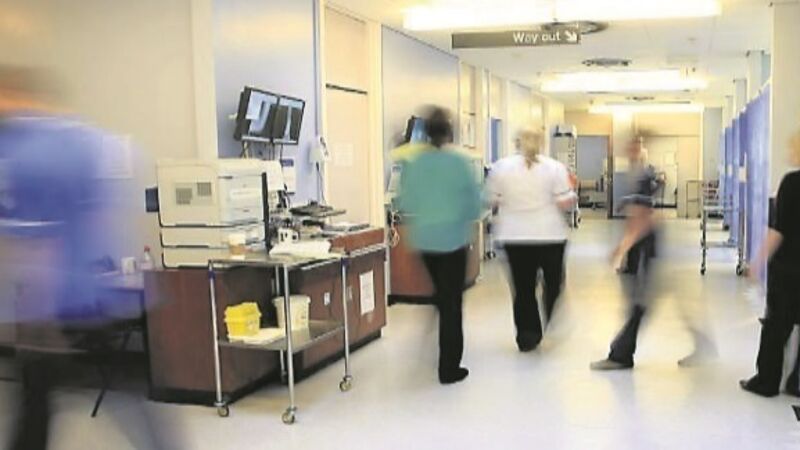Consultants’ strike threat - Two-class health system must end

The medical profession was the target of some of Groucho Marx’s best jokes, as in “I’m not feeling very well; I need a doctor immediately. Ring the nearest golf course.”
He likened a hospital bed to a parked taxi with the meter running. Less humorously, he was pointing to the centuries-old and inseparable conjunction of medicine and money, a reality with which governments in all modern democracies — not least our own — struggle. There is no such thing as a free healthcare system.
















